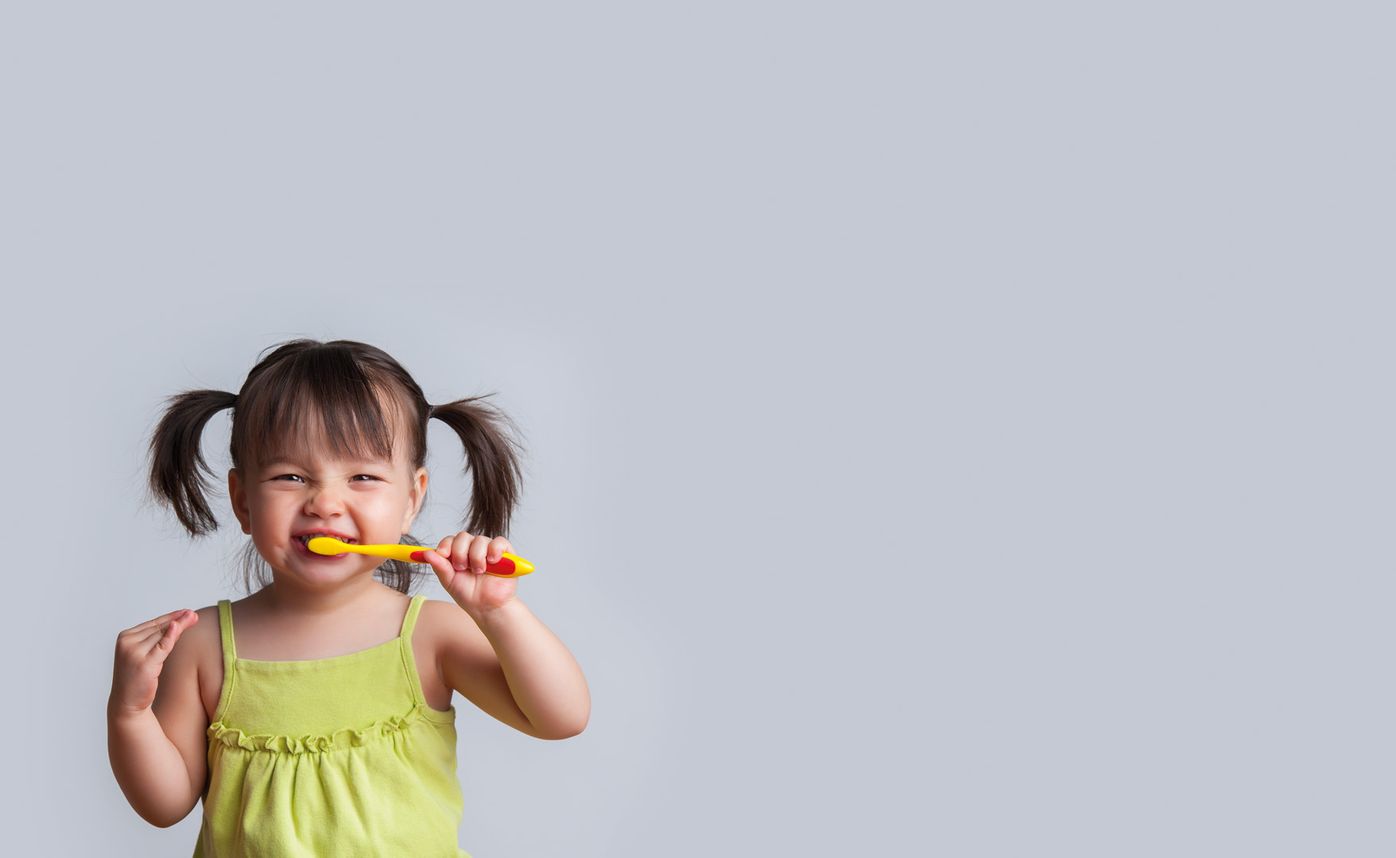Kids’ teeth fall out, but that doesn’t mean they aren’t important. There are many things that baby teeth tell us about your child’s health. This includes tooth decay, which is a sign of nutrient deficiency (think vitamin D, A and K2, all of which manage bones and the immune system). It might also show bacterial imbalance in the child’s mouth, which in turn communicates with the child’s gut bacteria, a critical piece in a child’s health.
Kids’ teeth can also impact on bite and jaw growth. While adult teeth don’t start coming in until children are five or six years old, they need a lot of space during the early periods of development.
Mouth-breathing can slow down the growth of the upper and lower jaw. A child who snores, grinds their teeth or doesn’t sleep well may be mouth-breathing, putting them at risk of sleep apnoea, which is becoming more prevalent in kids today.
Sucking habits such as dummies and finger-sucking can leave an open bite.
If a child is averse to solid foods, it might mean they don’t swallow well. It often relates to the tongue’s connection to the roof of the mouth, which guides the growth of the jaw.
Any advice given is general in nature and is not intended as a substitute for medical advice and must not be relied upon as such. For any healthcare advice, always consult a healthcare practitioner.
How helpful was this article?
Click on a star to rate it!
0 / 5. 0
Be the first to rate this post!
Related posts
Subscribe
Receive personalised articles from experts and wellness inspiration weekly!

